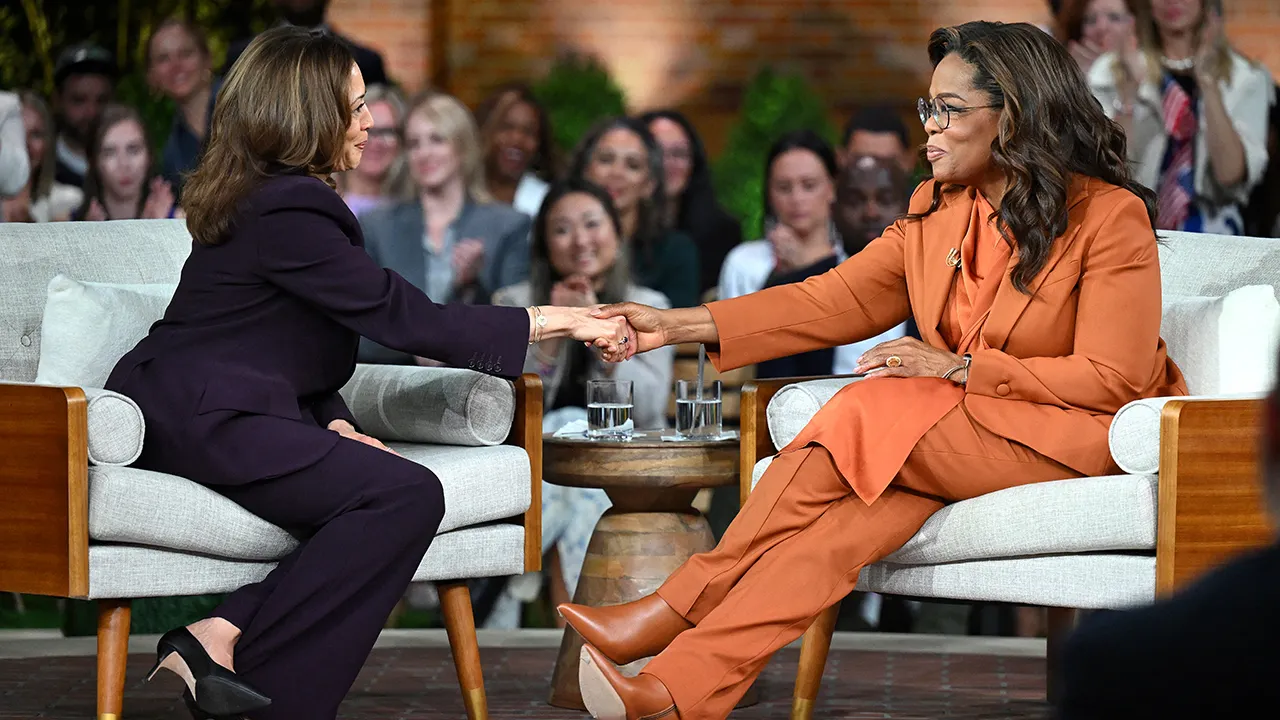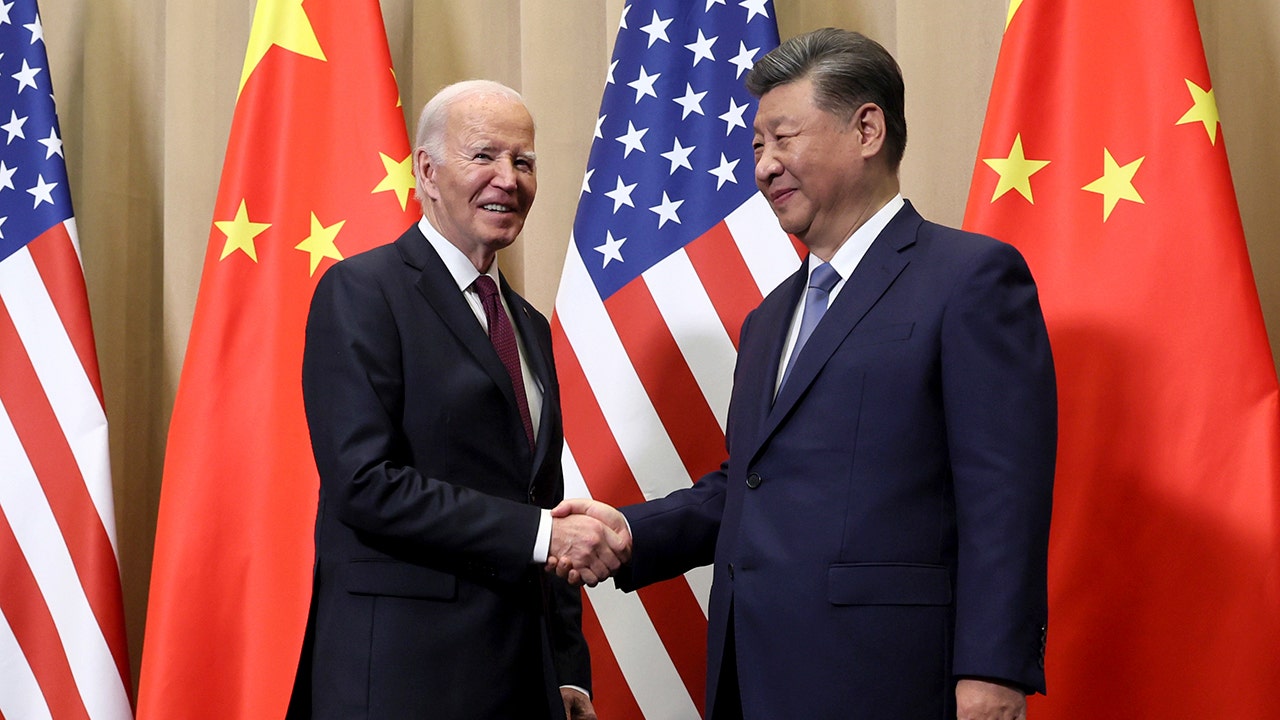The speaker of Canada’s House of Commons resigned on Tuesday after again apologizing for introducing a 98-year-old Ukrainian who had served with a Nazi SS unit as a “hero” just after President Volodymyr Zelensky of Ukraine addressed a joint session of Parliament.
The speaker, Anthony Rota, introduced Yaroslav Hunka, a constituent from his electoral district, as “a Ukrainian hero, a Canadian hero” on Friday prompting two standing ovations from the lawmakers and other guests as well as a fist pump from Mr. Zelensky, who is Jewish.
But over the following days, several Jewish groups expressed anger and outrage, saying that Mr. Hunka had been a member of a volunteer Nazi unit known as the 14th Waffen Grenadier Division of the SS, which fought alongside Germany during World War II and declared allegiance to Hitler.
After days of calls for him to step down, Mr. Rota announced his resignation on a day when he was scheduled to host an annual garden party at his official country residence.
“This House is above any of us,” he told fellow lawmakers. “I reiterate my profound regret.”
Mr. Rota first apologized over the weekend for both his invitation and introduction of Mr. Hunka, noting that he “subsequently became aware of more information.”
While Mr. Rota is a member of Parliament from Prime Minister Justin Trudeau’s Liberal Party, he is not a political power broker like his counterpart in the U.S. House of Representatives. Speakers in the Canadian House of Commons act as nonpartisan adjudicators in the chamber and are independent of the government. The speaker, not the government, controls all activity and conduct within the chamber, as well as its employees.
Mr. Rota said that he did not inform the governments of Canada or Ukraine about his plan to invite Mr. Hunka. Still, Mr. Trudeau’s political opponents immediately called on the House of Commons and the prime minister to formally apologize on behalf of Canada to Jews in Canada and abroad.
Mr. Trudeau was in Toronto for an event with auto parts manufacturers. Karina Gould, the government’s house leader responded on his behalf by repeatedly pointing out that the invitation to Mr. Hunka was done without the government’s knowledge.
Ms. Gould, who is Jewish and the descendant of Holocaust survivors, said she would “have never in a million years stood and applauded someone who aided the Nazis” had she been aware of Mr. Hunka’s past.
Lori Turnbull, a professor of public and international affairs at Dalhousie University in Halifax, Nova Scotia, said that quiet diplomatic efforts will be insufficient for mending the damage caused by the affair.
She said no one doubts “this was a genuine error” on Mr. Rota’s part. “But that doesn’t matter,” she said. “The point is that we’re still the country that got Zelensky to applaud a guy who fought with the Nazis.”
She added: “I don’t see how there’s any resolution to this without some acknowledgment on the part of the prime minister that something really awful happened.”
Professor Turnbull said that because the speaker symbolizes Parliament’s independence from the government, it would have been inappropriate and unusual for Mr. Rota to have run his guest list past the prime minister’s office.
But Pierre Poilievre, the Conservative leader whose party leads Mr. Trudeau’s Liberals in polls, blamed Mr. Trudeau for not vetting the guests who joined lawmakers for Mr. Zelensky’s speech.
A spokeswoman for the prime minister, Ann-Clara Vaillancourt, said that responsibility for security clearances at the event rested solely with the House of Commons, not with any police, security or intelligence agency that reports to the government.
The calls for Mr. Rota to step down first came from Jagmeet Singh, the leader of the left-of-center New Democratic Party. They accelerated on Tuesday during the lead-up to a lunchtime meeting that Mr. Rota had scheduled with the leaders of all parties in the House of Commons.
During the hours leading up to Mr. Rota’s announcement, the deputy prime minister, the foreign minister, the industry minister and the leader of the government in the House of Commons all had told reporters that he should resign.
In the House of Commons, the opposition Conservatives said the incident played into Russian propaganda. The collaboration between supporters of Ukrainian independence and the Nazi forces during World War II has been a major element of Moscow’s false narrative that the current government in Kyiv has been infiltrated by neo-Nazis.
The 14th Waffen SS unit was made up of volunteers from the Galicia region, which stretched across parts of what is now southeastern Poland and western Ukraine. After the Soviet occupation of western Ukraine in 1939, the creation of the unit in 1943 attracted Ukrainians eager to fight for their independence, said Dominique Arel, the chair of Ukrainian studies at the University of Ottawa.
“Being trained by SS officers, you can imagine the kind of political indoctrination they got,” he said. Even if their aims were for independence, Mr. Arel said the unit “fought for and were trained by Nazis. There’s no question about it.”
Canada has long taken the position that merely being a member of the 14th Waffen SS division was not a war crime, though individuals could be prosecuted for specific atrocities. A national commission determined in 1985 that there was no evidence linking former members of the division in Canada to war crimes. Jewish groups have criticized that stance, and the outrage over Mr. Hunka renewed calls for a reappraisal.





